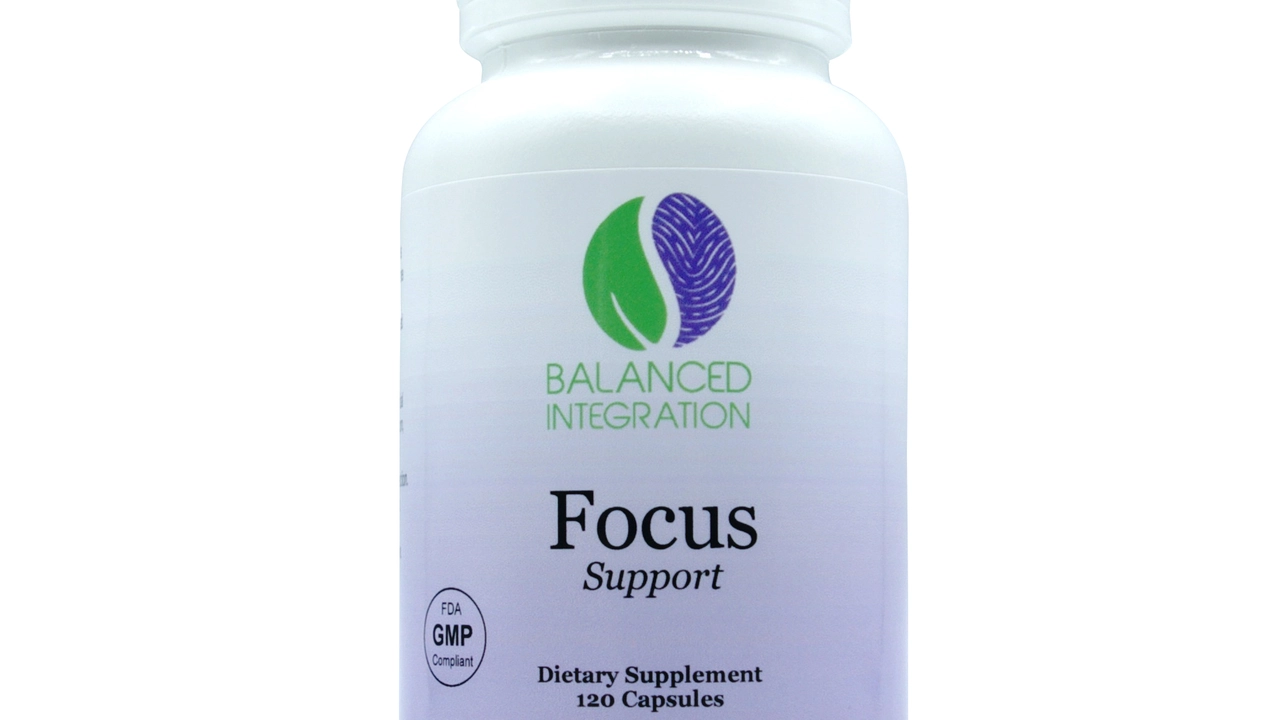Deertongue: What it does, how to use it, and where to read more
Deertongue is one of those old-fashioned herbs people still ask about. You’ll see it listed with other bitter herbs and digestive helpers. This page pulls together clear, practical info on deertongue and points you to related articles on Blueskydrugs.com so you can learn fast and stay safe.
First, the basics. Deertongue is used traditionally for digestion and mild stomach upset. People take it as a tea, tincture, or dried herb. If you’re trying it for the first time, start small—one cup of weak tea or a low-dose tincture—and watch for stomach irritation or any allergic reaction. If you have chronic health issues or take prescription meds, talk to a doctor before adding it. Herbs can interact with blood pressure drugs, blood thinners, and some heart medicines.
Practical safety tips
Buy from a trusted seller—look for clear labeling and batch information. Avoid products that make big medical promises like curing serious diseases. Don’t use large doses for long periods. If you feel dizzy, nauseous, or develop a rash, stop and check with a clinician. Pregnant or breastfeeding people should avoid many bitter herbs unless a clinician says it’s okay.
Related reads on Blueskydrugs.com
Want deeper context? We’ve tagged a bunch of useful posts under deertongue that connect herbal use with mainstream medicine. Here are short notes so you can pick what helps you most:
Tansy vs Bitter Herbs: Compares tansy with wormwood, yarrow, and gentian. Good if you’re trying to choose a bitter herb for digestion and want safety pointers.
Black Walnut Supplement: Looks at uses and how to pick quality supplements. Useful if you’re exploring herbal options beyond bitter plants.
Lquin: Guide, Facts, and Hidden Insights: Not an herb piece, but useful for understanding how labels and product names can confuse buyers—handy when shopping for herbs.
Best and Worst Foods for Colitis: If digestive issues matter to you, this one explains diet choices that work with or against herbal strategies.
Pet Therapy: A Boost for Immunodeficiency Patients: Shows how non-drug approaches can help wellbeing. Helpful if you want a broader approach to health that includes herbs.
We also list many medication-focused articles (Diovan, Esomeprazole, Valtrex alternatives, and more). Those help if you’re comparing herbal choices with prescription options or wondering about interactions.
Want to keep reading? Use the tag links on the site to jump to any article listed here. If you’re unsure about combining deertongue with a specific medication, copy the drug name and search our site for interaction notes or consult your healthcare provider. Quick steps: start low, monitor for side effects, and check with a pro when in doubt.
Have questions or a personal experience with deertongue you want to share? Visit our Contact page—Nathaniel Baxendale and the Blueskydrugs team welcome reader input and real-life tips.




